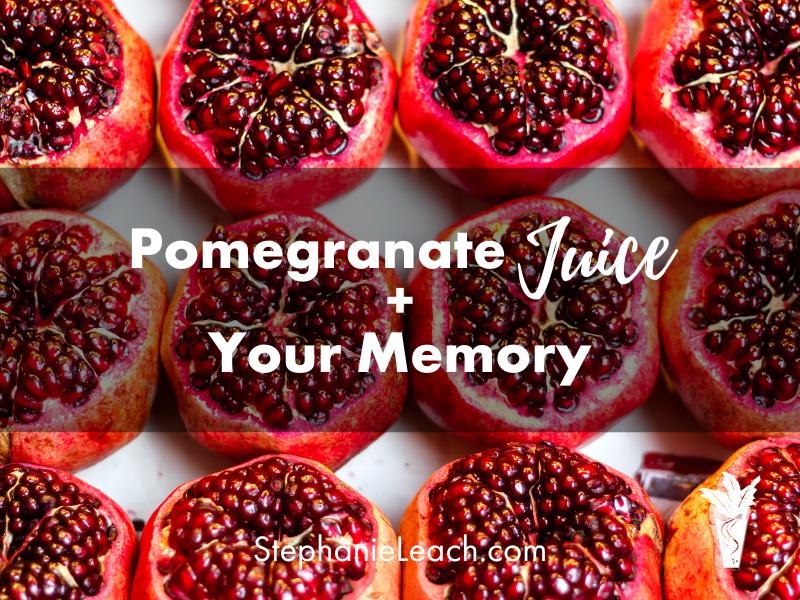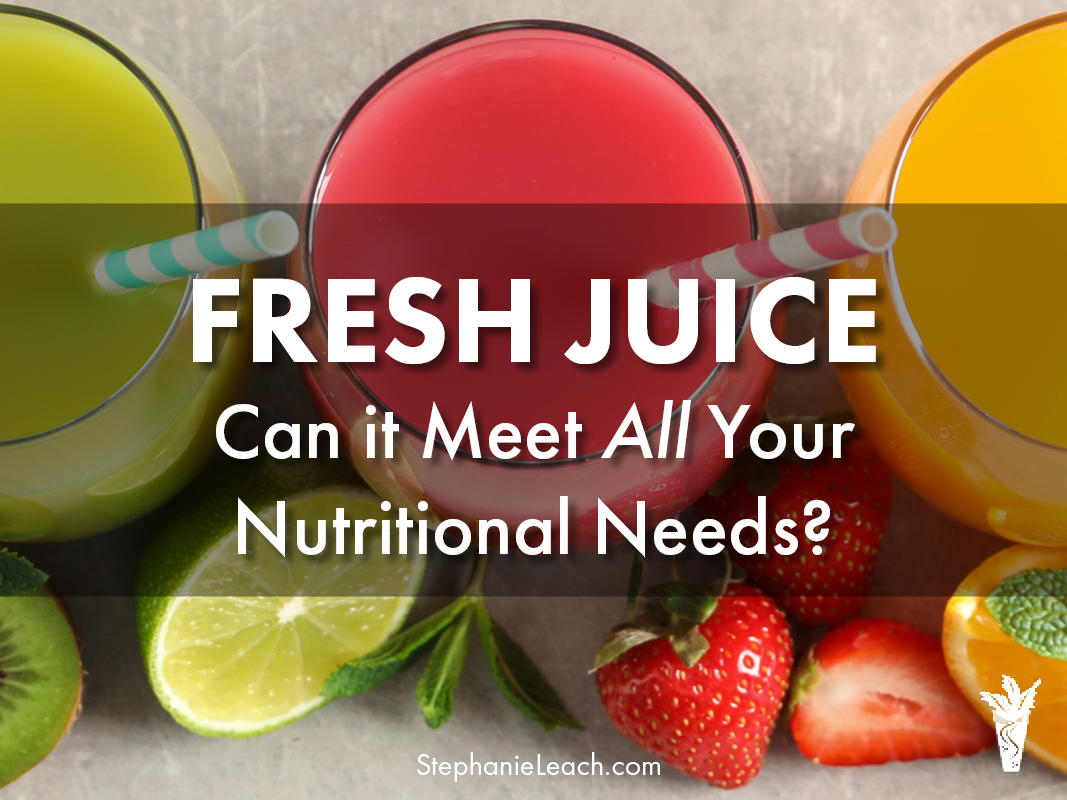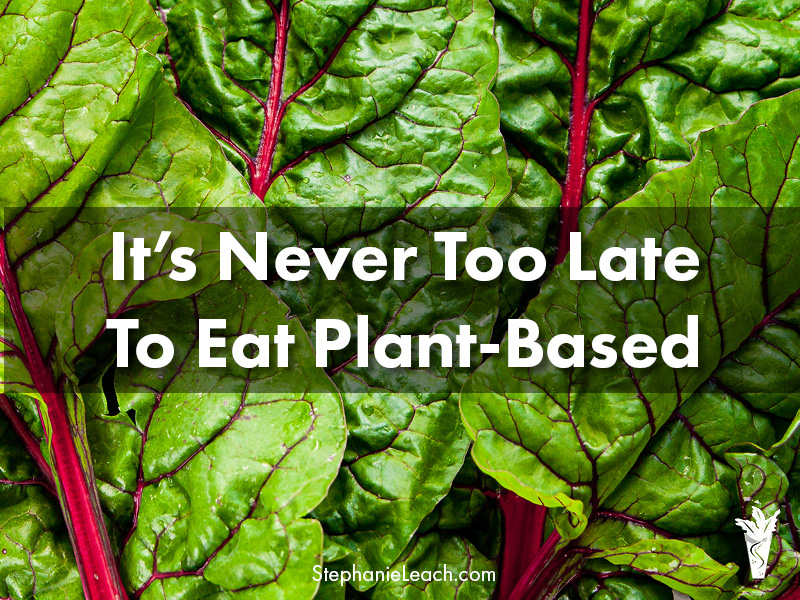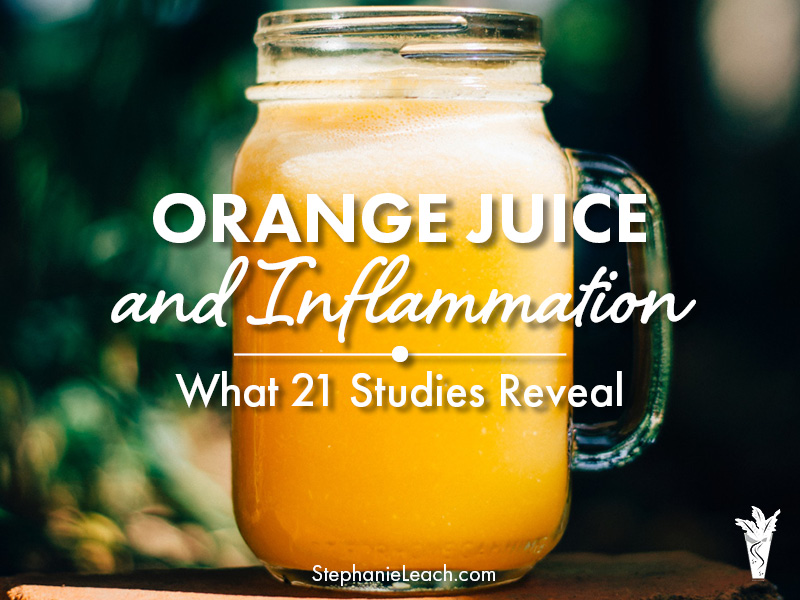When it comes to a healthy heart and blood pressure, is beet juice or cooked beets better for you?
It’s a good question. Years ago, researchers proved that beet juice increases athletic endurance. It does this by increasing the level of nitric oxide (NO) in your blood, which increases blood flow, gas exchange, mitochondrial biogenesis and efficiency, and strengthens muscle contractions.1 More recently, studies show that just eating cooked beets can have the same effect.2
But are cooked beets just as good as beet juice when it comes to heart health?
The Beet Juice vs. Cooked Beets Study
In 2016 researchers wanted to know how raw beet juice consumption compared to cooked beets for hypertension and other cardiovascular risk factors. They enrolled two dozen men and women aged 25 – 68 with high blood pressure (130-139 mm Hg systolic blood pressure or 85-89 mm Hg diastolic blood pressure) into a randomized assessor-blind crossover trial.
For 2 weeks, half of the participants juiced 250 grams (8.8 oz) of raw beets, and the other half cooked their 250 grams of beets in water and consumed the beets and any leftover cooking water. After a 2-week washout period, the groups switched to the other form of beet.
To make sure they were measuring the effect of beets, participants could not eat any other green leafy or cruciferous vegetables which are also known to increase NO. They also had to discontinue any supplements, and maintain their normal diet and activity level.
So how did it turn out?
Blood Pressure
Both raw beet juice and cooked beets resulted in a significant reduction in systolic blood pressure (SBP) and diastolic blood pressure (DBP.)
Beet Juice:
SBP – 6.67 points on average
DBP – 4.59 points on average
Cooked Beets:
SBP – 5.41 points on average
DBP – 3.54 points on average
Flow Mediated Dilation
Flow-mediated dilation refers to dilation of an artery when blood flow increases in that artery. The primary cause of FMD is release of nitric oxide by the endothelial cells that line the artery. Developed in 1992, the flow-mediated dilation test is now the most commonly utilized non-invasive assessment of vascular endothelial function in people.
As you can imagine, having arteries that are flexible and able to dilate and respond to increased blood flow is important for heart health.
FMD was higher for both groups by the end of the trial, but the beet juice was significantly more effective than cooked beets at improving FMD.
Cholesterol Lowering Effect of Beet Juice
Raw beet juice significantly lowered serum total cholesterol and LDL cholesterol, but there were no significant changes when eating cooked beets.
Total cholesterol went down about 20 points on average, and LDL dropped an average of 14.5 points in just 2 weeks.
Beet juice for the win!
Inflammatory and Oxidative Biomarkers
Both beet juice and cooked beets lowered serum levels of hs-CRP and TNF-a, but the reductions were greater in the beet juice group.
These are biomarkers of systemic inflammation and endothelial dysfunction, and they are causally associate with atherosclerosis (or hardening of the arteries.)
The study authors noted that the anti-inflammatory properties of beet juice and cooked beets “might be ascribed to several mechanisms, such as quenching of reactive oxygen species, upregulation of antioxidant enzymes and NO biosynthesis, and downregulation of inflammatory factors.”
It should also be noted that an improvement in total antioxidant capacity (TAC) was observed in the beet juice group but not in the cooked beet group.
Key Takeaways
In light of their findings, and noting how their results are supported by other published beet juice studies, here are the conclusions drawn by the researchers:
- Raw beet juice or cooked beets can improve blood pressure.
- Both beet juice and cooked beets can improve endothelial function and systemic inflammation, but beet juice has a greater effect.
- Beet juice can be recommended as an effective supplement for individuals with high blood pressure or those at increased risk of atherosclerotic cardiovascular disease, (except for those with diabetes who have to take care when consuming fruit or root juices.)
Get Started
Ready for some blood pressure lowering, inflammation suppressing, endothelial function boosting beet juice?
Check out the Healthy Heart Juicing Jumpstart, with juice recipes that include beets and other heart healthy vegetables and fruits.
You might also enjoy:
Beet Cucumber Cleanse Vegetable Juice
Classic A-B-C Juice
Orange Twist Anti-Inflammatory Detox Juice
Fruit & Vegetable Juices for Cardiovascular Health
Sources:
- https://www.ncbi.nlm.nih.gov/pmc/articles/PMC5295087/
- https://pubmed.ncbi.nlm.nih.gov/22709704/









Leave A Comment